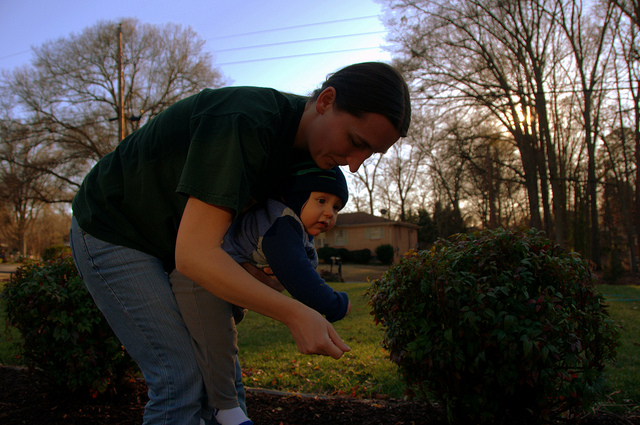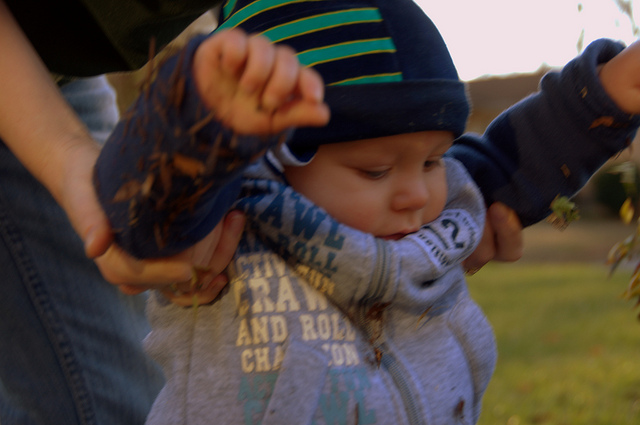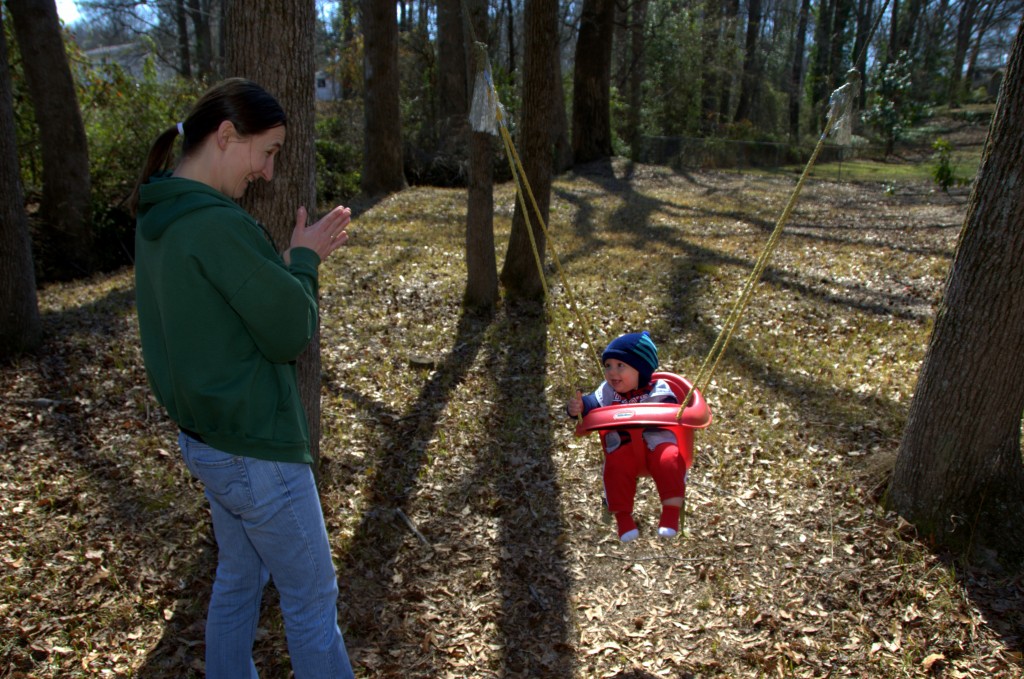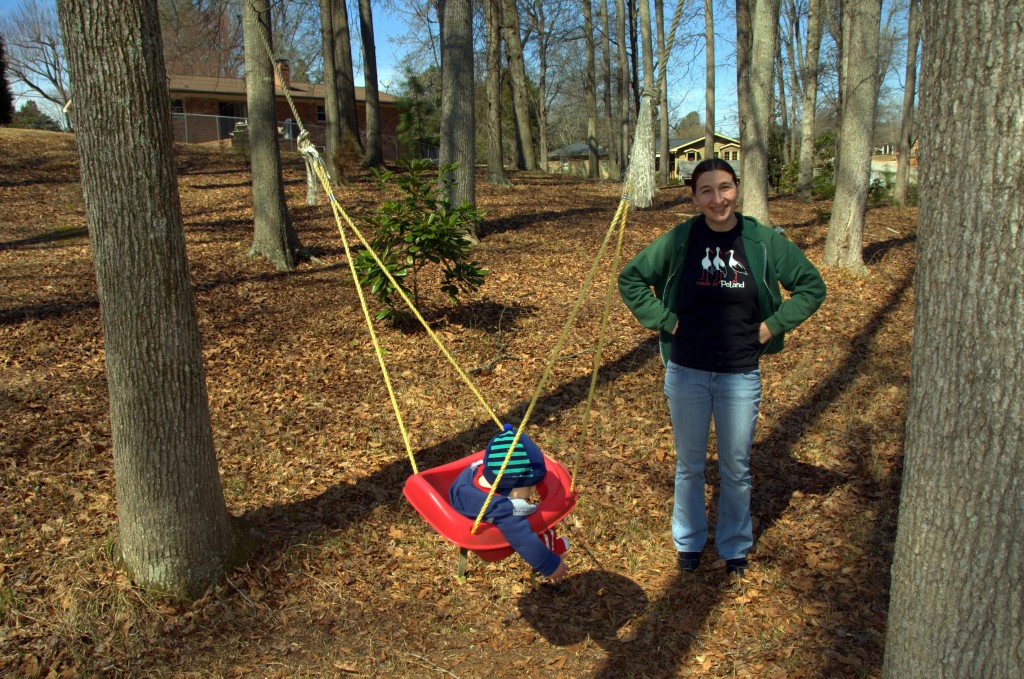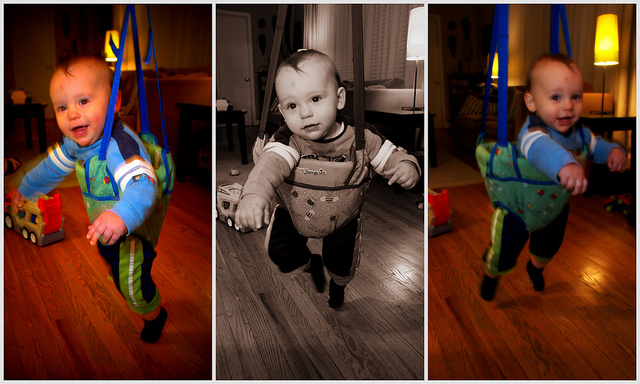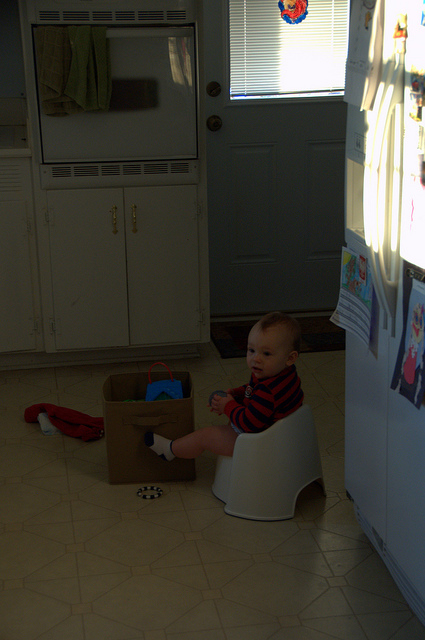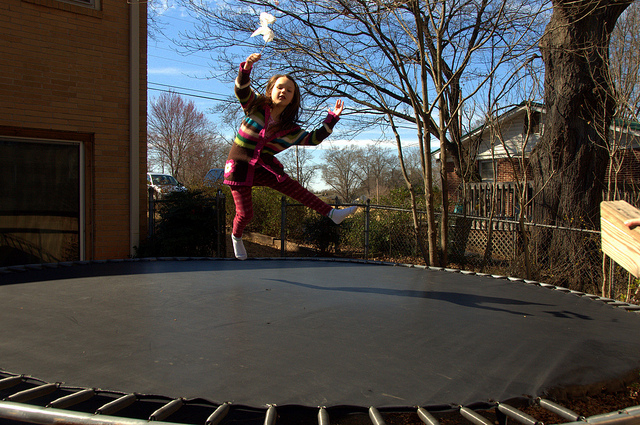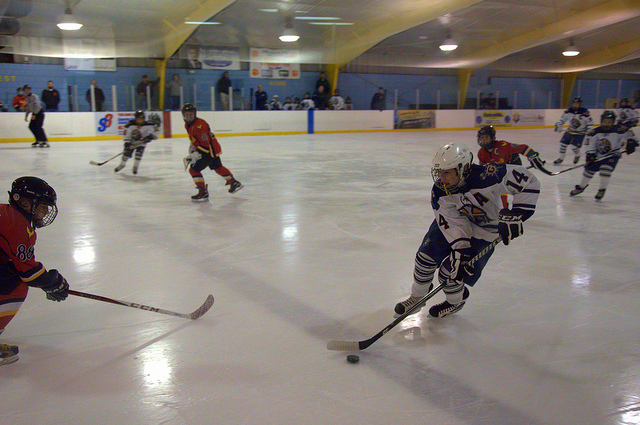Stars and blossoming fruit trees: Utter permanence and extreme fragility give an equal sense of eternity.
How can utter fragility provide a sense of eternity? I’ve sat and thought about that for a while, and it seems one of those things that I understand intuitively but am unable to put into words. The fact that it could pass out of existence at any moment fixes it firmly to that moment, but eternity doesn’t seem to be about moments — it appears to be the opposite, in fact. Yet the usual way of thinking of eternity is to imagine it as infinite moments, one after another, in a never-beginning, never-ending line. Indeed, a line in the strictest geometrical definition. That’s the paradox of eternity: it’s every moment in a never-ending moment.
It is a succession of spring blossoms under an unchanging blanket of constellations.
